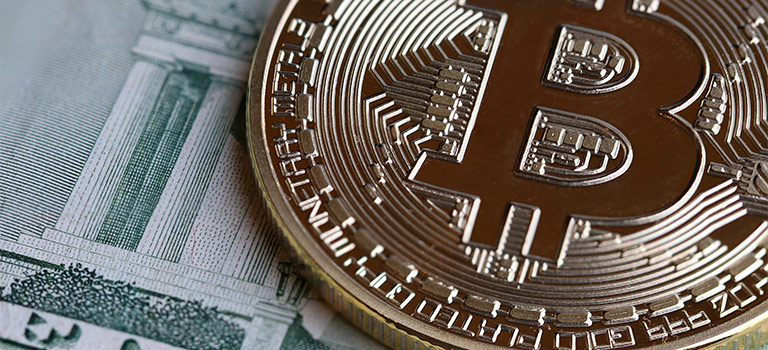PALO ALTO, Calif. (Reuters) - The Federal Reserve is taking a look at a broad range of problems around digital payments and currencies, consisting of policy, style and legal factors to consider around possibly releasing its own digital currency, Governor Lael Brainard stated on Wednesday. Brainard's remarks suggest more openness to the possibility of a Fed-issued digital coin than in the past." By changing payments, digitalization has the possible to provide higher value and benefit at lower expense," Brainard said at a conference on payments at the Stanford Graduate School of Organization.
Main banks globally are disputing how to handle digital financing technology and the dispersed ledger systems used by bitcoin, which promises near-instantaneous payment at possibly low cost. The Fed is establishing its own round-the-clock real-time payments and settlement service and is presently examining 200 comment letters sent late in 2015 about the proposed service's style and scope, Brainard said.
Less than two years ago Brainard told a conference in San Francisco that there is "no engaging demonstrated requirement" for such a coin. However that was prior to the scope of Facebook's digital currency ambitions were extensively known. Fed officials, including Brainard, have actually raised issues about customer protections and information and personal privacy threats that might be posed by a currency that might enter use by the 3rd of the world's population that have Facebook accounts.
" We are working together with other main banks as we advance our understanding of reserve bank digital currencies," she stated. With more nations checking out fed coin stock issuing their own digital currencies, Brainard stated, that contributes to "a set of reasons to also be making certain that we are that frontier of both research study and policy development." In the United States, Brainard said, problems that need research study consist of whether a digital currency would make the payments system safer or simpler, and whether it could pose financial stability risks, including the possibility of bank runs if money can be turned "with a single swipe" into the reserve bank's digital currency.
To counter the financial damage from America's unmatched national lockdown, the Federal Reserve has taken unprecedented actions, including flooding the economy with dollars and investing straight in the economy. The majority of these relocations got grudging acceptance even from numerous Fed skeptics, as they saw this stimulus as needed and something only the Fed could do.
My new CEI report, "Government-Run Payment Systems Are Hazardous at Any Speed: The Case Against Fedcoin and FedNow," details the risks of the Fed's existing strategies for its FedNow real-time payment system, and proposals for main bank-issued cryptocurrency that have been called Fedcoin or the "digital dollar." In my report, I go over issues about privacy, data security, Check over here currency control, and crowding out private-sector competitors and innovation.
Supporters of FedNow and Fedcoin say the government must develop a system for Hop over to this website payments to deposit quickly, instead of motivate such systems in the private sector by raising regulative barriers. But as kept in mind in the paper, the personal sector is providing a relatively endless supply of payment technologies and digital currencies to solve the problemto the degree it is a problemof the time gap between when a payment is sent out and when it is received in a savings account.

And the examples of private-sector development in this location are lots of. The Clearing Home, a bank-held cooperative that Helpful site has actually been routing interbank payments in numerous types for more than 150 years, has actually been clearing real-time payments considering that 2017. By the end of 2018 it was covering 50 percent of the deposit base in the U.S.